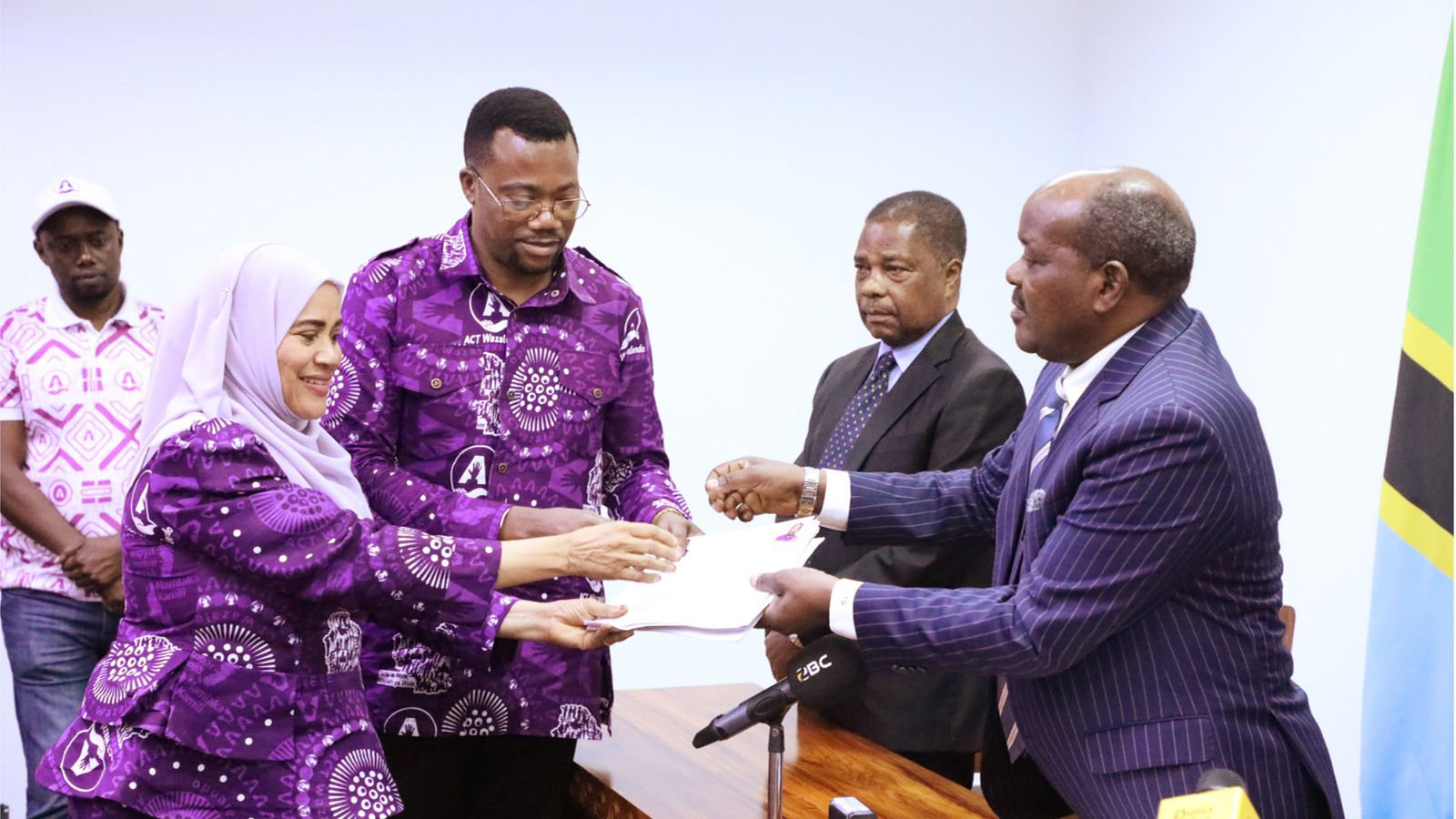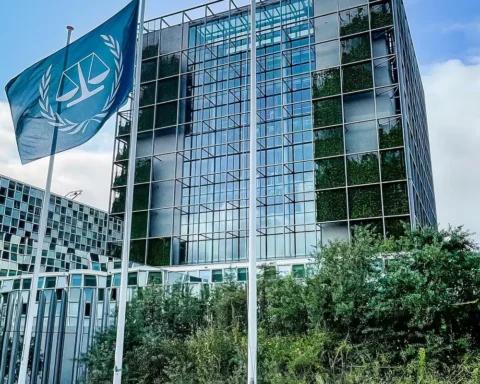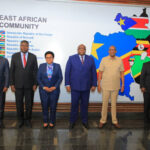The hopes of opposition politician Luhaga Mpina to contest in Tanzania’s upcoming presidential election have been dashed after the High Court of Tanzania dismissed his petition challenging the decision of the Independent National Electoral Commission (INEC) to disqualify him from the race.
In a ruling delivered at the High Court’s main registry in Dodoma, a three-judge panel led by Justice Fredrick Manyanda, with Justices Sylvester Kainda and Abdallah Gonzi, concluded that INEC acted within its constitutional authority and in good faith. The judges emphasized that the judiciary cannot interfere with the operations of an independent electoral body unless there is clear evidence of bad faith or breach of law.
Justice Manyanda stated that after reviewing all submissions, the court found “no legal or constitutional basis to overturn INEC’s decision.” The verdict means Mpina, who had been nominated by the ACT-Wazalendo party, will remain barred from contesting in the general election slated for October 29, 2025.
The case had generated intense public debate in recent weeks, as Mpina — a former Cabinet minister and once a senior member of the ruling Chama Cha Mapinduzi (CCM) — sought to challenge what he described as an unfair and politically motivated decision. His legal team argued that INEC had overstepped its mandate and violated his constitutional right to participate in the democratic process.
Inside the packed courtroom, silence fell as Justice Manyanda read out the ruling. Supporters of ACT-Wazalendo looked dejected, while government lawyers quietly exchanged satisfied glances. Outside, a small crowd of onlookers gathered under the scorching Dodoma sun, reacting with a mix of disappointment and resignation.
Also TRead; Gold Exports Boost Tanzania’s Economic Prospects
“The judgment has closed one door, but our fight for democracy continues,” said an ACT-Wazalendo spokesperson after the ruling, hinting that the party might consider filing an appeal.
Legal analysts say the decision underscores the delicate balance between judicial oversight and respect for institutional independence. The court reaffirmed that INEC, as an autonomous body, holds the exclusive power to manage and supervise elections — a principle anchored in Tanzania’s Constitution.
The ruling also sends a strong message ahead of the polls: the courts are reluctant to intervene in matters that fall squarely under the electoral commission’s jurisdiction. With less than two weeks to the general election, political parties are intensifying their campaigns while the nation closely watches how the outcome of this case will shape the broader political landscape.
For Mpina, once seen as a rising force in the opposition, the decision represents a major setback. Yet for INEC, it is a reaffirmation of its independence — a reminder that in Tanzania’s evolving democracy, the rule of law and institutional boundaries remain at the center of political life.







